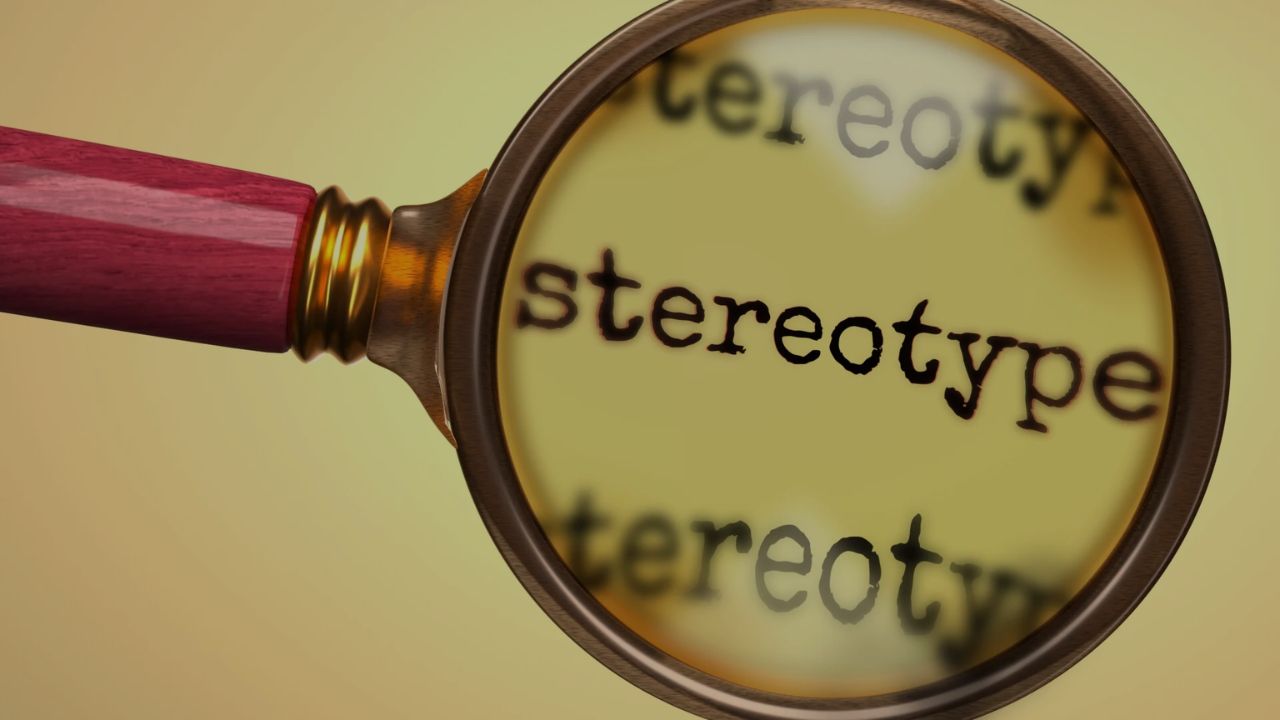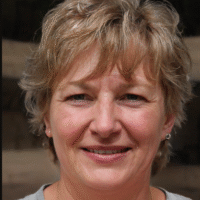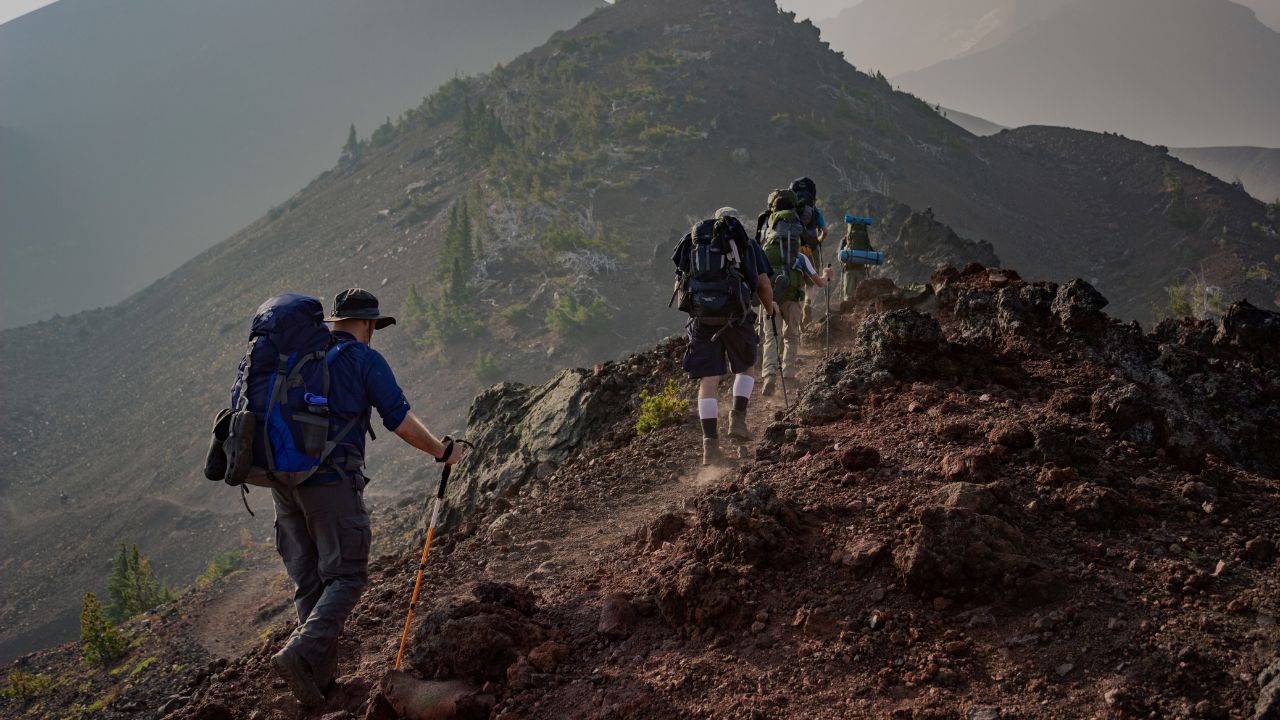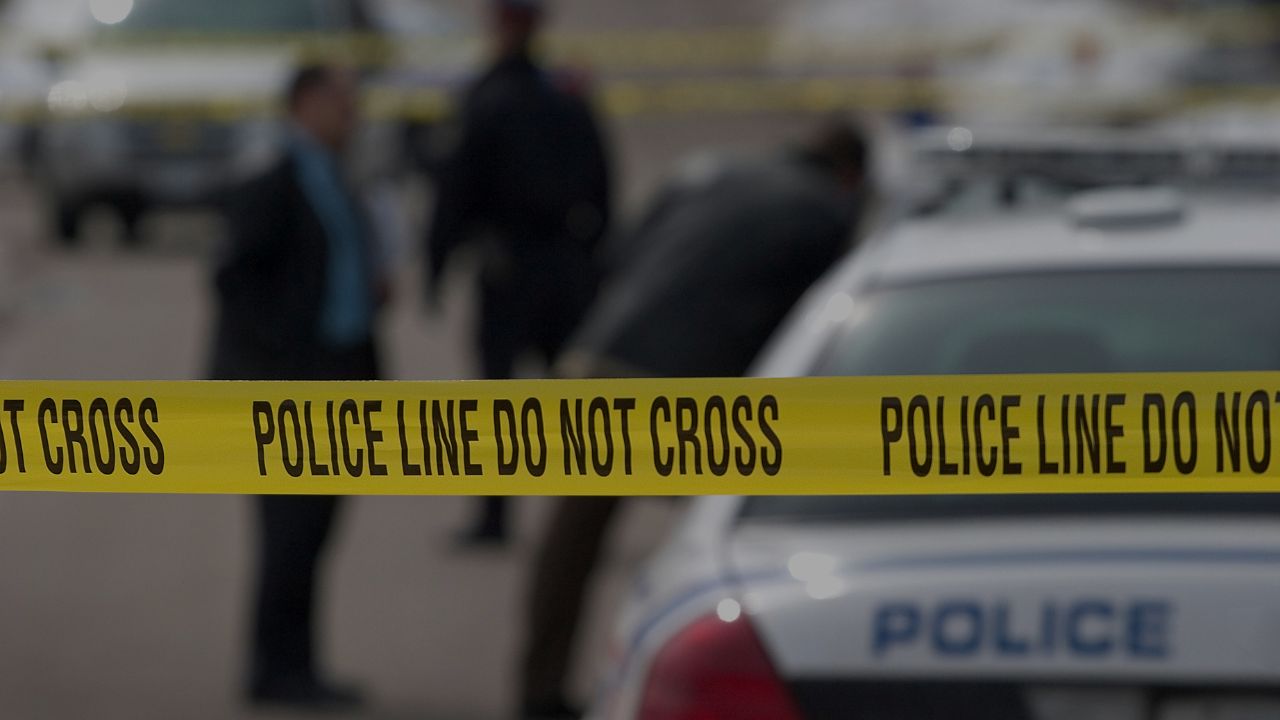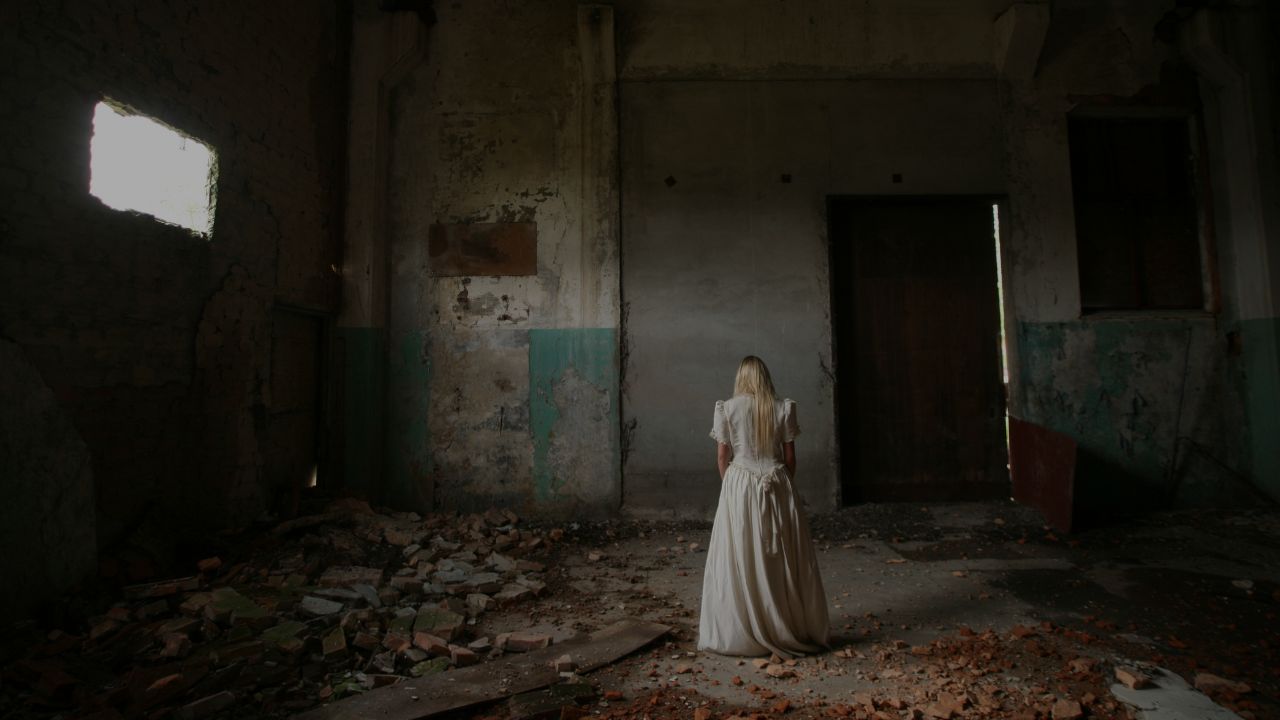MINNEAPOLIS, MN — From the “Fargo” accent to endless winters, Minnesota is often the target of outdated stereotypes. But the state—and its people—are far more dynamic than pop culture gives them credit for. Whether you’re a lifelong Minnesotan or just curious, it’s time to set the record straight on these ten common myths.
1. Everyone Says “You Betcha”
Sure, Minnesotans have unique expressions, but phrases like “you betcha” or “uff da” aren’t used nearly as often as outsiders believe. These sayings are sometimes used humorously or by older generations, but most conversations sound just like anywhere else in the Midwest.
2. It’s Always Freezing in Minnesota
Minnesota winters are intense, but the state actually has four full seasons. Summers can be hot and humid, with temps reaching well into the 80s or 90s. Spring and fall bring vibrant colors and festivals, and summer is packed with outdoor adventures—from boating to state fairs.
3. Everyone Loves Ice Fishing
Ice fishing is a staple of Minnesota winters, but not everyone is into freezing on a lake for fun. Many residents prefer skiing, snowshoeing, or simply watching the snowfall from inside with a warm beverage. It’s not a statewide obsession, and many have never even tried it.
4. The Whole State Is Farmland
This couldn’t be further from the truth. Yes, Minnesota has agricultural roots, but it’s also home to urban hubs like Minneapolis and St. Paul, dense forests, national parks, and thousands of lakes. The state blends natural beauty with a thriving arts and business scene.
5. Minnesotans Are Too Polite to Be Real
The term “Minnesota Nice” is often misunderstood. It’s not fake kindness—it’s a cultural tendency to avoid conflict, be helpful, and keep conversations light. But make no mistake: Minnesotans will speak their minds when needed and are fiercely loyal to their communities.
6. Everyone Is Scandinavian
There’s a strong Nordic influence in Minnesota’s history, with festivals, foods, and traditions to prove it. However, the state is also home to vibrant communities of Hmong, Somali, Vietnamese, Ethiopian, and Mexican heritage, among many others. Minnesota is incredibly diverse, especially in urban areas.
Read Also: 10 Stereotypes About Idaho You Should Stop Believing
7. Minnesotans Eat Only Hotdish
Hotdish (a baked casserole, often with tater tots) is a cultural icon, but Minnesota’s food scene goes way beyond it. Cities like Minneapolis and Duluth are known for farm-to-table dining, global cuisine, and creative culinary trends. You’ll find everything from Somali sambusas to Scandinavian gravlax to James Beard–nominated chefs.
8. Minnesota Is Politically One-Sided
Although it’s often viewed as a blue state, Minnesota is politically complex. Urban areas like the Twin Cities usually lean left, while rural and outstate areas can lean conservative. The result? A truly balanced political environment that fosters lively debate and varied perspectives.
9. Everyone Has a Cabin by the Lake
Minnesota is the “Land of 10,000 Lakes,” but not everyone has a cabin or spends summers up north. Some do, but many others visit public beaches, campgrounds, or city lakes on weekends. Cabin ownership is expensive and more common among families with long-standing property.
10. Everyone Snowmobiles, Skates, or Skis
Winter sports are big here, but not universal. Some Minnesotans can’t wait to hit the slopes or the trails, while others prefer to stay cozy indoors. Snowmobiles and skates aren’t standard issue in every household—it all depends on personal interest.
What’s the weirdest or most off-base Minnesota stereotype you’ve heard? Drop your thoughts in the comment section of newyorkdailygazette.com— and help spread the real story of the North Star State.

